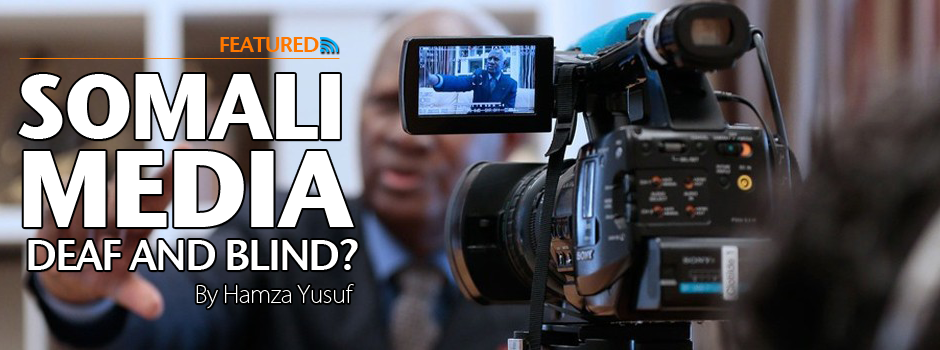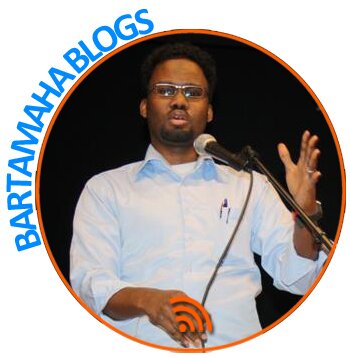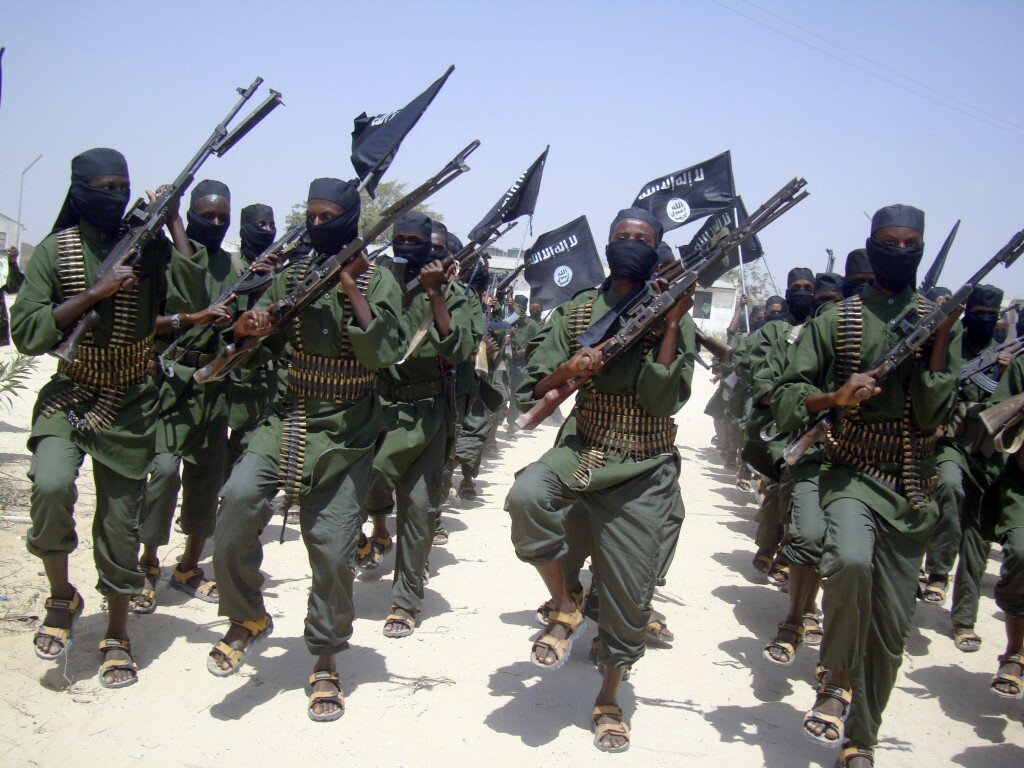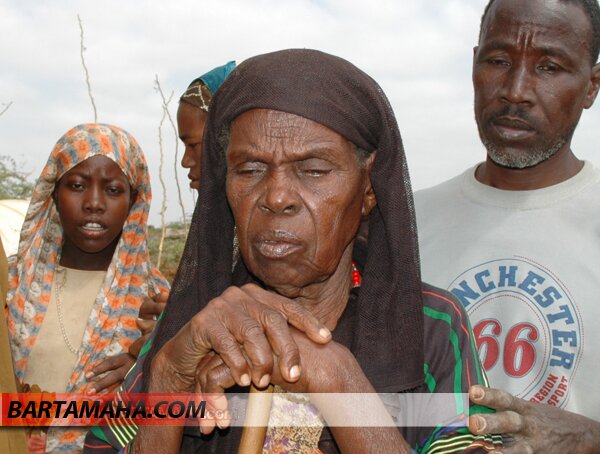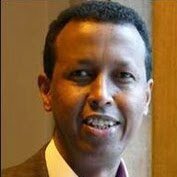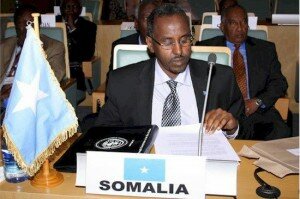Will Additional Troops Defeat Al-shabaab?

Abdihakim Aynte
On 11 July, twin bombings rocked the Uganda capital, Kampala, killing 76 people, mostly Ugandan civilians watching the FIFA World Cup final.
The next day, while suspicions and concerns were mounting, Somalia’s Al Shabaab militants proudly claimed the responsibility of the attacks, threatening that it was only the beginning response to Uganda’s military engagement with the African Union peacekeepers in Somalia, known as AMISOM. The troops were deployed in Somalia since early 2007, is envisaged to provide protection mainly to the main installations of the limping Transitional Federal Government (TFG), which, without the backing of the AMISOM forces, would surely have fallen in the face of the increasingly sophisticated insurgency.
The international community was quick to condemn the Kampala attacks calling it a cowardly act. The US quickly dispatched forensic investigation with help of FBI.
Uganda, along with African Union, have responded differently — or more aggressively — at the 15th AU summit this week in Kampala. The leaders of 30 African nations pledged to dispatch additional combat forces to bolster the current AU mission in Somalia, and to root out Al Shabaab, the most fearsome organization in the Horn of Africa — if not the continent. Unlike the previous summits, this meeting, originally planned to tackle the theme of “maternal, infant and child health and development in Africaâ€, was largely overshadowed by Al Shabaab’s threat and a collective security interest.
Al-shabaab, like other jihadists organizations in the world, is a group of hardcore youngsters who, among other things, believe insurgency (i.e. roadside bombs, suicide bombs, convoy attacks, targeted assassinations, kidnappings, guerrilla warfare) as a tested tactic that helped oust Ethiopia’s military occupation in 2007. Thus, another full scale military operation in Somalia will only exacerbate and destabilize the situation on the ground. And, of course, the Somali people will suffer more. And AMISOM, like Ethiopia, is increasingly becoming unpopular among the public, due to its disproportionate shelling of civilian positions in Mogadishu. Furthermore, AMISOM has limited resources to curb daily insurgency and a narrow political time frame to create a space for stability in Somalia.
If the current AMISOM mission is militarily extended and mandated, there is a serious doubt that any substantial changes for relief and reconciliation could be brought about. On the contrary there is much cause to anticipate only the escalation of armed violence to reach its peak.
Increasingly, it’s becoming very unlikely, globally, to defeat modern insurgencies by a military force. Urban warfare, like the one in Mogadishu, is categorically unwinnable militarily. Because it failed in Afghanistan and Iraq, it’s highly improbably that it will work in Somalia.
Sadly, the African Union can’t seem to win the hearts and minds of the people of Somalia. And by sending additional troops to prop-up a wildly unpopular government, the AU is simply falling deeper into the Somalia quagmire.
The alternative, most experts contend, is to prepare, train, an effective, competent and capable Somali force. The training of the Somali government forces has been in the making for years, but it has thus far been haphazard, incoherent and, most troubling, it has been carried out without first building the capacity of the governmental institutions that must lead the forces.
Abdihakim Aynte,
Comments
comments
 Calendar
Calendar





